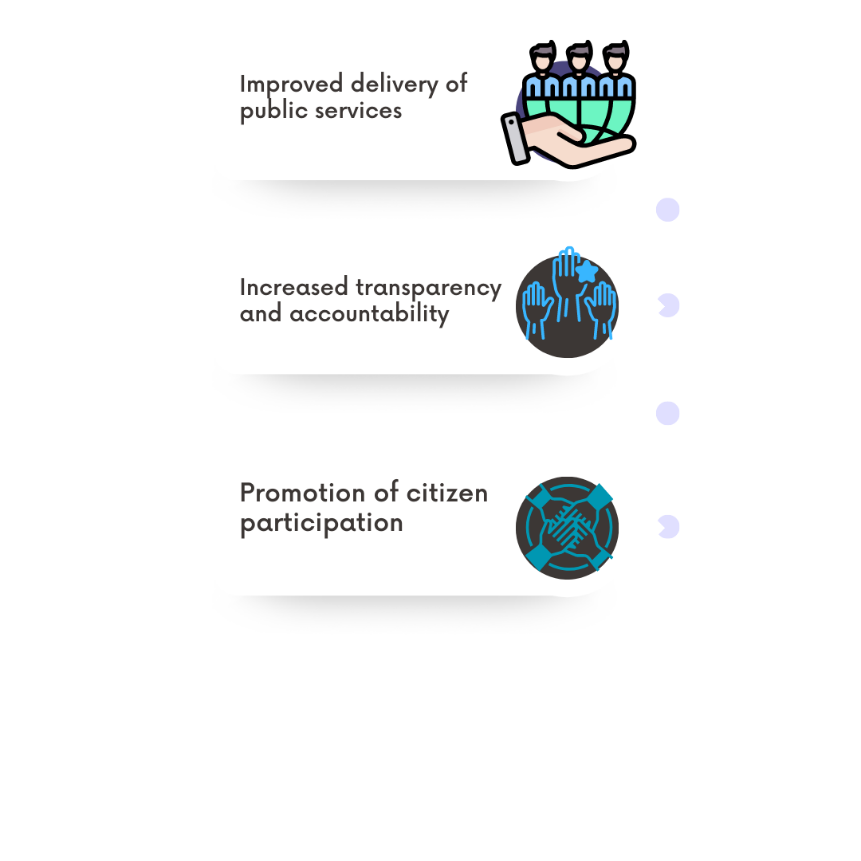PRIVACY AND CYBERSECURITY CONCERNS IN SMART GOVERNANCE SYSTEMS IN DEVELOPING COUNTRIES
Keywords:
Cybersecurity concerns, Data collection, Data security, Developing countries, Privacy concerns, Smart governanceAbstract
The emergence of smart governance in developing countries has the potential to transform government operations, but it also raises significant concerns about privacy and cybersecurity. A study was conducted to identify specific privacy and cybersecurity concerns in the context of smart governance in developing countries. The findings indicate that data collection and storage are major privacy concerns, as smart governance systems rely on large amounts of personal information, which could be misused for purposes such as surveillance or profiling. Data security is also a significant concern, as developing countries may lack adequate cybersecurity infrastructure, leaving their systems vulnerable to cyber attacks and data breaches. In addition, the lack of data protection laws in many developing countries creates a risk that citizens' data could be mishandled without legal recourse. Citizens may also lack control over their data and not fully understand how it is being collected, used, and shared. Smart governance systems may also be prone to discriminatory outcomes due to biased algorithms, which could violate the privacy rights of marginalized groups. The study also identified significant cybersecurity concerns, including weak cybersecurity infrastructure, insider threats, third-party risks, cybercrime, and political risks. Developing countries may lack the resources and expertise to implement strong cybersecurity measures, leaving them vulnerable to cyber attacks. Trusted insiders may misuse their access privileges, and third-party vendors may have weaker cybersecurity practices, exposing government systems to additional risk. Cybercrime is a significant threat, and smart governance systems may become targets for political attacks, which could compromise the integrity of government systems and undermine public trust in government institutions. The findings of this study highlight the importance of addressing privacy and cybersecurity concerns in the development of smart governance systems in developing countries. It is essential to implement strong data protection laws, invest in cybersecurity infrastructure, and prioritize cybersecurity training and awareness for government employees. Additionally, regular risk assessments and audits should be conducted, and clear protocols and procedures should be established for responding to cybersecurity incidents. International cooperation and information sharing can also help to improve cybersecurity capabilities and respond effectively to cyber threat.

Downloads
Published
How to Cite
Issue
Section
License
Copyright (c) 2021 Tensorgate Journal of Sustainable Technology and Infrastructure for Developing Countries

This work is licensed under a Creative Commons Attribution-NonCommercial 4.0 International License.